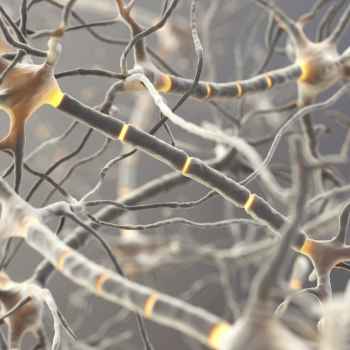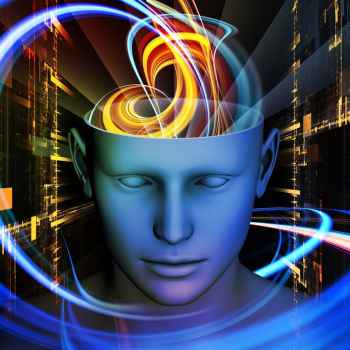Although the mechanisms involved in the pathogenesis of Alzheimer's Disease (AD) have not been completely characterized, inflammation within the central nervous system is now thought to play a key role in the development of the plaque associated with brain cell death.
Recent publications have shown that Spirochetes, the bacterias involved in Lyme disease, were found in 90% of the people who suffer from AD. Other research groups showed that bacteria involved in periodontitis were also linked to the development of the disease. All these concurrent results on the role of brain infection and inflammation in the development of AD show the importance of restoring a strong and balanced immune system in order to stop the progress of the disease.
Embryonic Stem Cells, (ESC), have a direct effect on the immune system which appears more regulated within days of commencing stem cell therapy. ESCs are able to successfully alleviate most chronic inflammations such as arthritis and Crohn's disease and as such represent the best defense against the development of Alzheimer's Disease, especially in the early stages.
The second benefit of ESC for patients who suffer from AD is the repair of lost brain function.
While it has been long thought that lost neurons cannot be recovered, recent studies have shown that it is possible to regrow neurons and neuronal connections. This is especially true of ESC which have been shown to trigger regrowth following severe brain injuries and similar results in the case of AD.
Results vary depending on the stage of the disease but most AD patients have seen improvements following only 3 injections of 20 million ESC. Injections through lumbar puncture are also recommended.
If you want to know more or inquire about the possibility to receive embryonic stem cell therapy for yourself or a loved one, please fill up the contact form and a representative will contact you shortly.
Recent publications have shown that Spirochetes, the bacterias involved in Lyme disease, were found in 90% of the people who suffer from AD. Other research groups showed that bacteria involved in periodontitis were also linked to the development of the disease. All these concurrent results on the role of brain infection and inflammation in the development of AD show the importance of restoring a strong and balanced immune system in order to stop the progress of the disease.
Embryonic Stem Cells, (ESC), have a direct effect on the immune system which appears more regulated within days of commencing stem cell therapy. ESCs are able to successfully alleviate most chronic inflammations such as arthritis and Crohn's disease and as such represent the best defense against the development of Alzheimer's Disease, especially in the early stages.
The second benefit of ESC for patients who suffer from AD is the repair of lost brain function.
While it has been long thought that lost neurons cannot be recovered, recent studies have shown that it is possible to regrow neurons and neuronal connections. This is especially true of ESC which have been shown to trigger regrowth following severe brain injuries and similar results in the case of AD.
Results vary depending on the stage of the disease but most AD patients have seen improvements following only 3 injections of 20 million ESC. Injections through lumbar puncture are also recommended.
If you want to know more or inquire about the possibility to receive embryonic stem cell therapy for yourself or a loved one, please fill up the contact form and a representative will contact you shortly.




